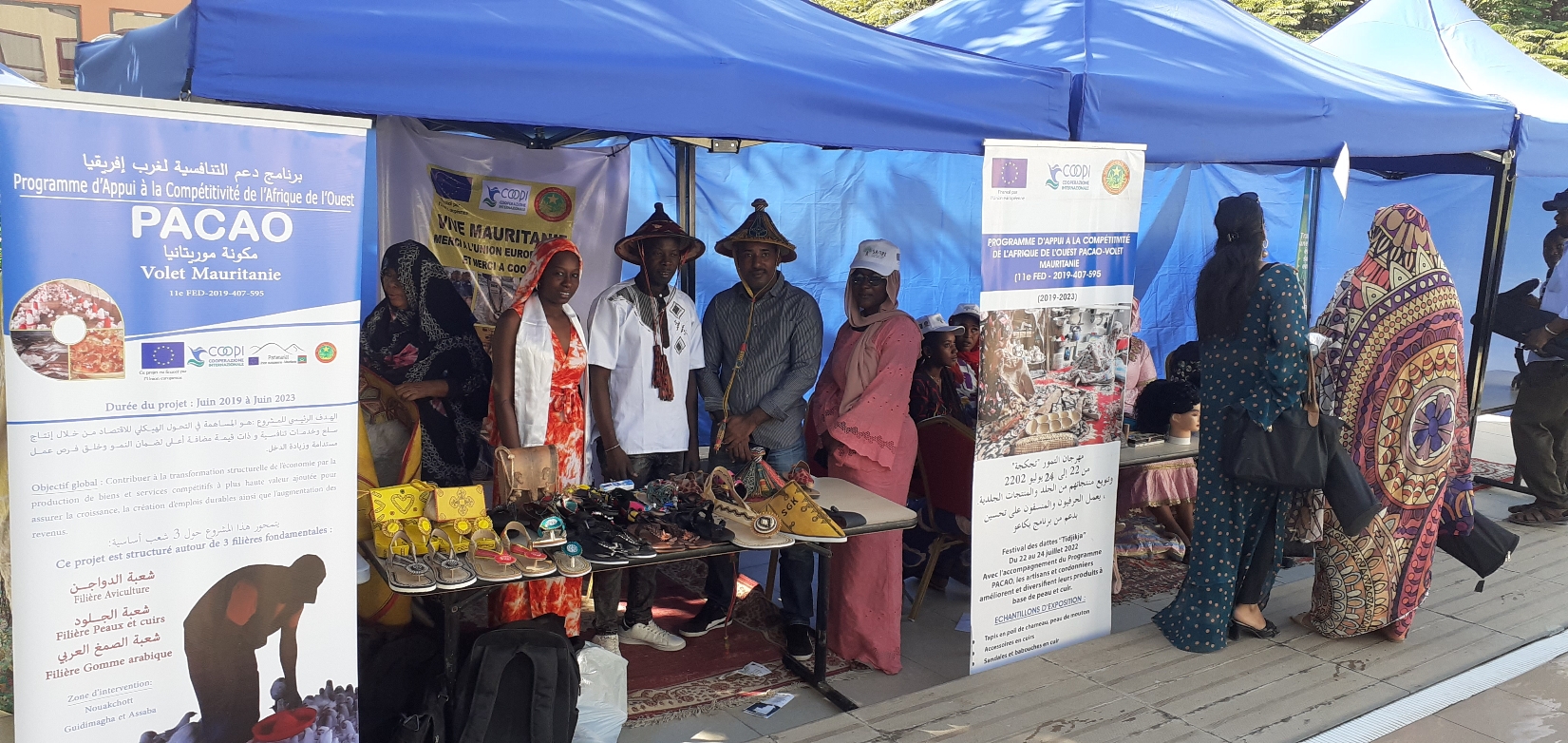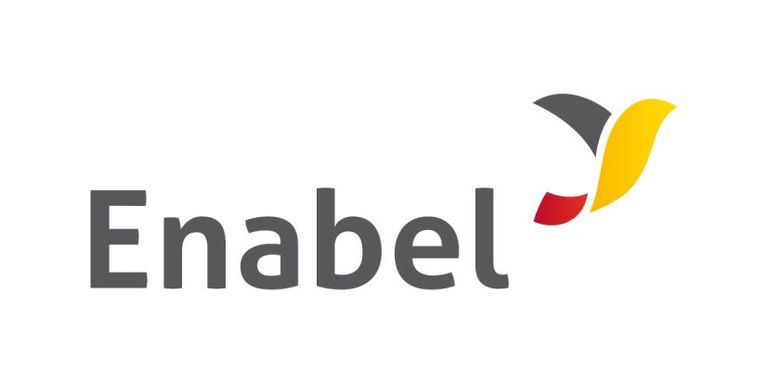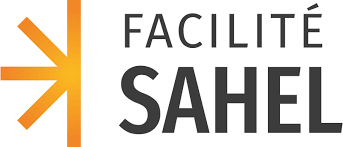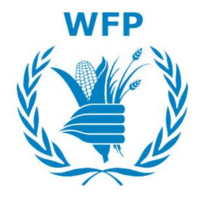COOPI presence in Mauritania
In 2019, COOPI began operations in Mauritania in the Hodh El Gharbi region-in the southeastern part of the country-where the Mbera refugee camp is located. This is an area characterized by very high levels of food insecurity and malnutrition, high vulnerability to climatic shocks, and significant isolation caused by the lack of infrastructure and basic services that affect the entire population.
The instability that has characterized the northern part of Mali for years has meant that refugees who have fled from that country have been staying in Mauritania for a longer period of time, with a significant impact on the environment and living conditions of the area's inhabitants. In the Bassikounou area, COOPI has been working with the aim of strengthening the economic autonomy of the refugee and host populations by offering competitive goods and services, creating sustainable jobs, and improving the technical capacity of producers through intervention at the various levels of the supply chain.
Over the years, COOPI has strengthened its presence in Mauritania, with programs in the four regions of Nouakchott, Hod El Chargui, Guidimakha, and Assaba. These regions are characterized by high youth unemployment, therefore COOPI implements its programs in two main areas: economic development and rural infrastructure development/rehabilitation.
Economic development programs aim to support the growth of the economy in the country by valuing youth and creating jobs. COOPI does this through a community-based and participatory approach, with a focus on gender protection and inclusion dynamics.
Rural infrastructure development/rehabilitation programs aim to improve the living conditions of rural people by facilitating access to essential services and economic development opportunities. COOPI does this through a sustainable approach that takes into account the needs of local communities.
COOPI in Mauritania today
COOPI operates in Mauritania with the aim of supporting local economic and productive development, and in parallel promoting conflict prevention and strengthening community resilience. In the Hodh el Chargui region, COOPI intervenes in the following areas:
- Economic development: COOPI supports local communities in improving the production and marketing of their agricultural and pastoral products.
- Infrastructure upgrading and Disaster Risk Reduction: COOPI supports local communities in preparing for and responding to natural hazards and in maintaining and constructing small works for water and soil conservation.
- Conflict prevention and participatory community approach: COOPI promotes dialogue and collaboration among different communities to prevent conflict and improve natural resource management.
- Nutrition: COOPI supports local communities in the prevention of malnutrition among children from 6 to 59 months and pregnant and lactating women and in improving the nutritional status of primary school children.
COOPI's development programs primarily target farmers and pastoralists, small entrepreneurs, and rural communities in general, with a focus on the inclusion of women and vulnerable people.
COOPI's programs are implemented in synergy with local actors, such as institutions, field organizations, and communities. This approach, defined as community-based and participatory, makes it possible to ensure a coordinated response to the growing needs related to the population's context of vulnerability, and to ensure the sustainability and ownership of interventions.







